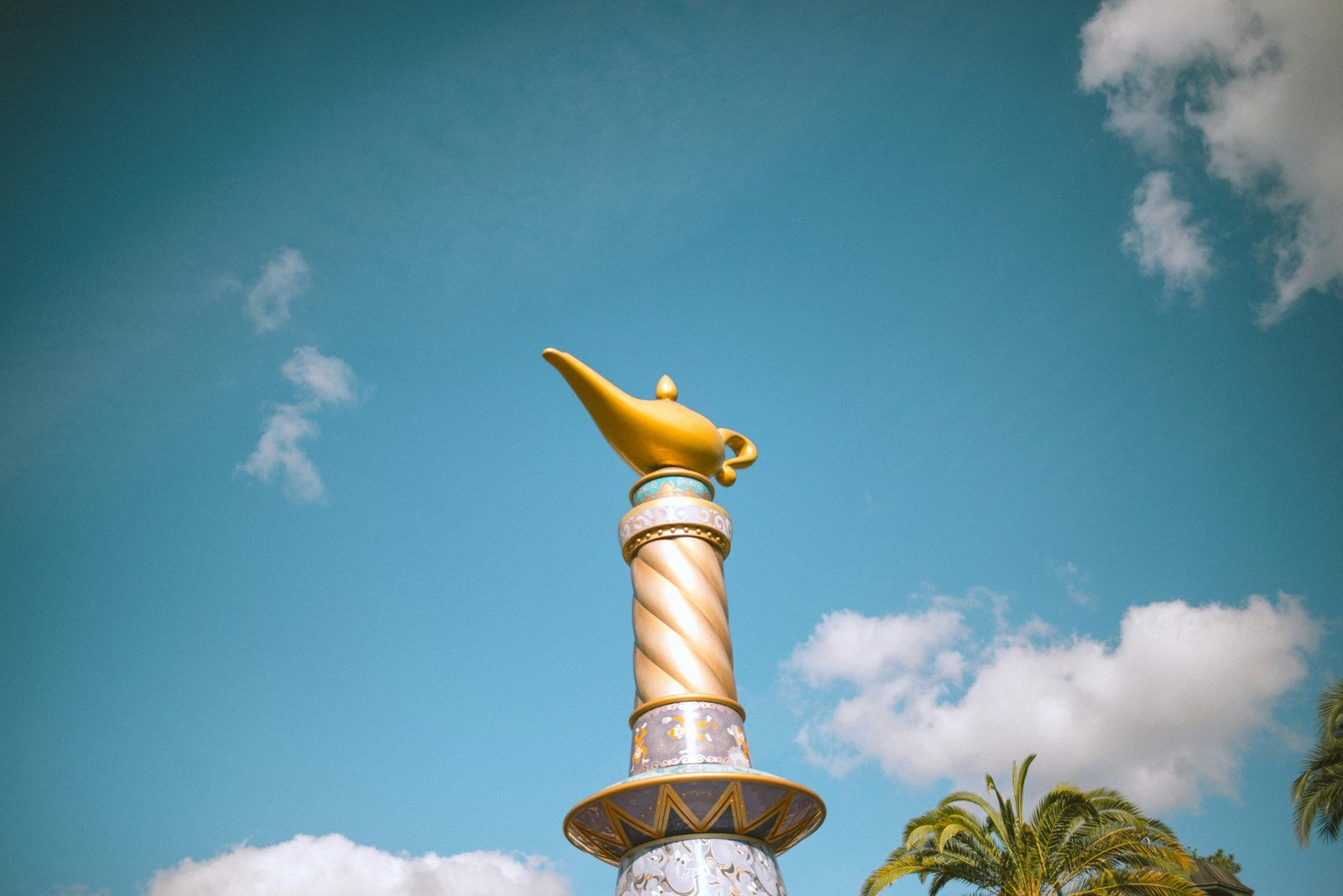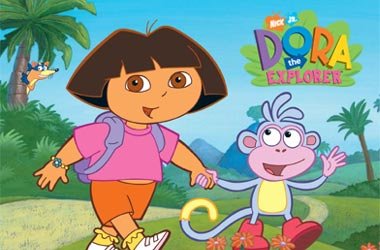Aladdin is a beloved Disney animated film that has captured the hearts of millions around the world. Released in 1992, this enchanting tale takes us on a magical journey through the streets of Agrabah, where a young street urchin named Aladdin discovers a magical lamp and unleashes a powerful genie.
The story of Aladdin has its roots in “The Book of One Thousand and One Nights,” also known as “Arabian Nights.” This collection of Middle Eastern folk tales dates back to the Islamic Golden Age and features stories from various cultures and regions.
Aladdin’s tale was first introduced to Western audiences in the early 18th century through a French translation of “Arabian Nights” by Antoine Galland. Galland added the story of Aladdin and his magical lamp to the collection, which became immensely popular in Europe.
Disney’s Aladdin
In 1988, Disney began development on an animated adaptation of Aladdin. The creative team at Disney drew inspiration from both the original “Arabian Nights” tale and the 1940 film “The Thief of Bagdad.” The film went through several iterations before the final version we know and love today.
After years of careful planning and production, Disney’s Aladdin was released on November 25, 1992. Directed by Ron Clements and John Musker, the film became an instant success, grossing over $504 million worldwide. It received critical acclaim for its vibrant animation, memorable characters, and catchy songs.
The Impact of Aladdin
Aladdin’s release marked a significant milestone for Disney animation. It was the first animated feature film to use computer-generated imagery (CGI) for its stunning visuals, particularly in the iconic magic carpet ride sequence.
The film’s success led to the creation of an animated television series, “Aladdin: The Animated Series,” which aired from 1994 to 1995. It also spawned two direct-to-video sequels, “The Return of Jafar” (1994) and “Aladdin and the King of Thieves” (1996).
Aladdin’s popularity extended beyond the screen, inspiring a hit Broadway musical adaptation in 2014. The musical received critical acclaim and has been enjoyed by audiences worldwide.
Legacy and Cultural Significance
Aladdin has become a cultural phenomenon, with its characters and songs firmly embedded in popular culture. The film’s themes of love, friendship, and the power of being true to oneself resonate with audiences of all ages.
However, it is important to acknowledge that the animated film has faced criticism for perpetuating stereotypes and misrepresenting Middle Eastern and Arab cultures. In recent years, there has been a push for more accurate and authentic portrayals of these cultures in mainstream media.





